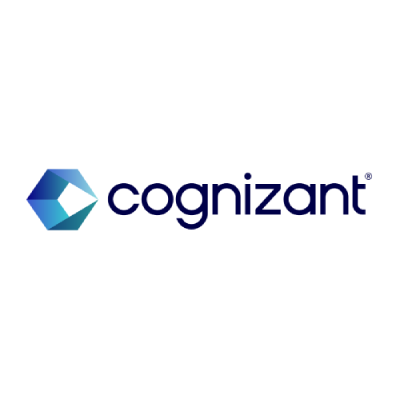Seven million consumers and SMEs in the UK are now actively using Open Banking services, Open Banking Ltd, a non-profit responsible supervision, ecosystem enablement and supporting infrastructure and services, announced on Monday.
The number marks a significant milestone for the six-year-old regulation. In response to a 2016 report by The Competition and Markets Authority, which highlighted the limited competition between established and newer banks in the UK, the CMA recommended the implementation of Open Banking. Since, the regulation has since enabled customers and SMEs to securely share their current account information with third-party providers.
Over the past 12 months, the trend for open banking products and services in the UK and Europe has shifted from basic account aggregation to innovative use cases, particularly in lending and identification. This is fantastic news for customers, fintechs, and banks, as each has much to gain by applying open APIs to product innovation.
Beyond Aggregation: Lending and Identity
One of the most compelling use cases for open banking lies in identity. B2B fintech companies such as Yapily, TrueLayer, Klarna, and FinLeap Connect provide Know Your Customer products that enable new clients to be verified solely through open banking. To fulfill KYC requirements for a new product application, a user can simply share their bank account data from an external account and initiate a payment of 0.10 cents from that account to the bank, EMI, or banking partner they are applying to. This approach reduces onboarding time, screens, and potential drop-off points.
A handful of neobanks like Bunq and Wise use open banking to authenticate existing customers. From the customer perspective, this provides a far superior experience to the traditional approach of calling customer support, having an account or card blocked, and submitting PDFs to prove sources of income. From the bank's perspective, this reduces the volume of calls to call centers and increases brand loyalty by offering ways to mitigate card or account disruption due to suspected fraud or additional KYC requirements.
The open banking lending revolution is also taking off, with Fintern, Koyo, and Fronted among the UK fintechs offering personal loans using bank account data to quickly determine an applicant's creditworthiness. Through bypassing traditional credit bureaus, these fintechs do not impact the customer's credit score, making it a convenient and safe option for those seeking financing. SMEs also stand to benefit from open banking-powered loans, with providers such as Kontomatik providing better business insights via open banking APIs for lenders in the CEE region.
Open banking loans extend beyond the personal lending space. SMEs typically need help to obtain financing. According to Mastercard’s Rise of Open Banking Small Business Report, 85% of small business owners in the US seek greater choices that deliver faster and easier access to capital. According to Plug and Play, European SMEs wait between three and five weeks to receive a decision for a financing application. Open banking-powered loans are the perfect antidote to the SME lending dilemma. Kontomatik, which specializes in providing better business insights via open banking APIs for lenders in the CEE regions, is a great example.
The Right Incentives
Globally, regulators are driving Open Banking regulation. Many incumbent banks are now in a position where an open banking strategy is required. The general concern from my experiences of consulting such banks is how to monetize these APIs and go beyond basic account aggregation. To succeed, incumbents and neobanks in emerging open banking markets must offer the right incentives to customers. In the cases of lending and identifications, these are clear; quicker access to capital without impacting the customers credit score and a more convenient, faster experience for customers who need to KYC for the first time or authenticate with their bank. With leading B2B fintechs continuing to innovate for open banking and new products and use cases emerging amongst leading banks in markets with mature Open Banking regulation, banks seeking to capitalize on open banking can avoid reinventing the wheel.














